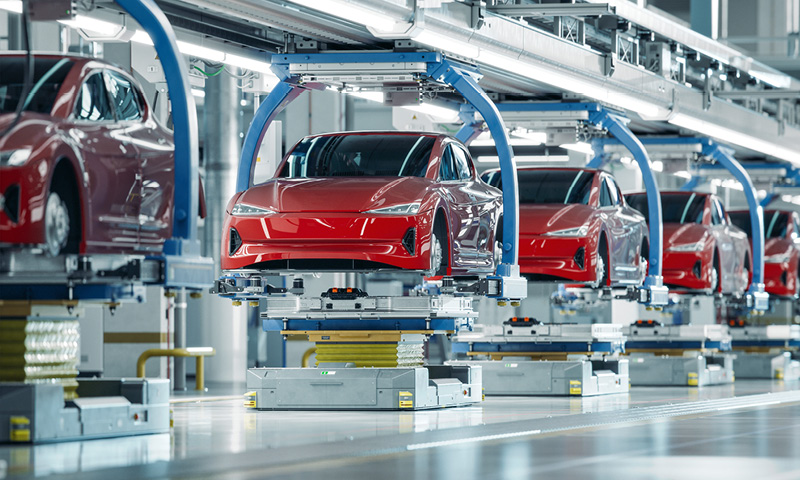04 May 2022
Under the off-payroll tax (commonly referred to as IR35) administrative rules extended to medium-sized and large private sector businesses from 6 April 2021, end users (where caught by those rules) are responsible for determining the IR35 status of any engagement with contractors working through their own intermediary entity (usually a personal service company (PSC)). Where the end user fails to correctly assess the contractor’s status, HMRC can hold it liable for the income tax and National Insurance contributions (NICs) due under PAYE on the fees paid to the worker’s intermediary if their engagement with the worker is subsequently found to be a deemed employment.
There can be similar risks where IR35 compliance breaks down in longer labour supply chains. Where there are one or more other parties (typically agencies/employment businesses) in the labour supply chain between the end user and the worker’s intermediary, the end user must assess the status of the engagement and issue the worker and the party they engage with for the supply of the worker’s services with a status determination statement (SDS). The party receiving that SDS may be the party responsible for paying the worker’s intermediary (ie it is a fee-payer) and if so, where the SDS received shows that the worker is a deemed employee for IR35 purposes, it must operate PAYE and deduct income tax and NICs when paying the worker’s intermediary. Where the labour supply chain is longer, the party receiving the SDS must pass it to the next entity in the labour supply chain and so on until it reaches the fee-payer that must operate PAYE on payments made to the worker if the SDS shows the engagement with the worker is within IR35. If any entity in the supply chain fails to satisfy its obligations, it could be held liable for the income tax and NICs due.
Where IR35 compliance goes wrong and income tax and NICs are underpaid, HMRC calculates the income tax due using a 0T PAYE tax code, meaning that no tax-free allowance is given and tax must be calculated using current tax rate bands at basic, higher and additional rate as applicable, depending on the amounts paid, potentially on a non-cumulative basis. This can result in the party held responsible (the end user, fee-payer, or other entity in the supply chain) being liable for tax over and above what might have been deducted under PAYE had IR35 been applied correctly.
As previously reported, there is no legislative mechanism for offsetting tax paid by the contractor’s intermediary (or tax paid by them on amounts (typically dividends where that entity is a PSC) drawn from that entity) against this liability. HMRC may therefore receive tax twice on the same amounts with the amount being settled by the end user/fee-payer/other party in the labour supply chain being significantly higher than what would have been deducted from payments to the worker’s intermediary if the IR35 rules had been applied correctly; that is not to mention the potential penalties and interest charges on late tax those parties in the supply chain might suffer.
In our view, there is therefore an urgent need for these rules to be reviewed and corrected so that, where there is an IR35 mistake, the party held liable for the tax is not unfairly penalised in this way. A fairer approach would be for HMRC to look at the tax ultimately payable for relevant services for the tax year, factoring in any amounts deducted under PAYE by the worker’s intermediary, so that each party pays their fair share and HMRC does not recover more tax than would be properly payable when IR35 is applied correctly.









